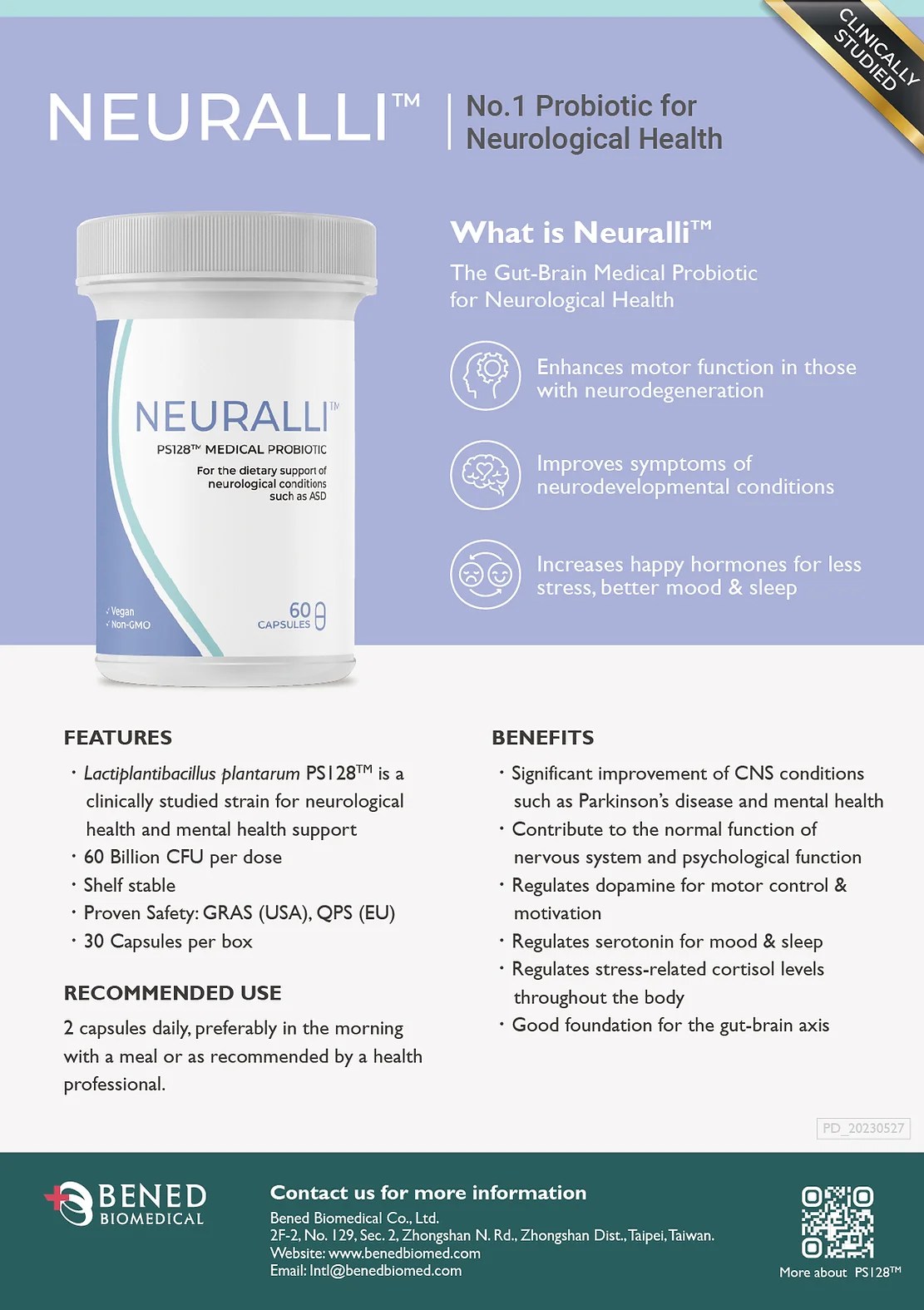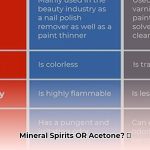Ever wonder if your gut and brain are connected? They are! Emerging research suggests the gut microbiome—the community of bacteria in your digestive tract—can significantly impact brain health, influencing mood, cognition, and even neurological conditions. This has led to the development of specialized probiotics like Neuralli, which contains the bacterial strain Lactobacillus plantarum PS128. This guide will explore Neuralli, its potential benefits and drawbacks, user experiences, and the science behind it. Remember, this information is not medical advice. Always consult with Melissa Ivers MD or another qualified healthcare professional before starting any new supplement.
Understanding Neuralli: What It Is and How It Might Work
Neuralli is a “medical probiotic” available in two formulations: Neuralli MP and Neuralli PS128. Both contain L. plantarum PS128, but Neuralli MP is formulated for general neurological health and mood support, while PS128 is specifically researched for autism spectrum disorder (ASD).
Neuralli targets the gut-brain axis, the bidirectional communication pathway between the gut and the brain. It aims to improve this communication by supporting a healthy gut microbiome, which likely influences the production of neurotransmitters like serotonin and dopamine, crucial for mood, sleep, focus, and movement.
Potential Benefits: What the Research and Users Suggest
Neurological Conditions
Early research suggests Neuralli PS128 may be beneficial for individuals with ASD. Three clinical trials have shown potential improvements in anxiety, communication skills, and social interaction. For Parkinson’s Disease, some users on platforms like MyParkinsonsTeam and Reddit (r/Parkinsons) have reported a decrease in brain fog and improved mood after using Neuralli, particularly when taking both capsules in the evening as some studies suggest. Research into Neuralli’s effects on ADHD and anxiety is ongoing.
Mental Well-being
Some Neuralli users report improved mood stability, reduced anxiety, and better emotional regulation. While encouraging, these are anecdotal accounts and more research is needed.
General Health
Beyond neurological and mental health, some users have reported improvements in gut health, such as better digestion and reduced bloating, and even better sleep quality.
Neuralli vs. Other Probiotics: A Different Approach
Most probiotics focus on general gut health. Neuralli differentiates itself by specifically targeting neurological health through its unique ingredient, PS128. This strain is believed to influence neurotransmitters in a way that other probiotic strains might not.
The Science Behind Neuralli: Exploring PS128
PS128, the key ingredient in Neuralli, is a patented strain of L. plantarum. Preclinical and some human studies suggest it can modulate dopamine and serotonin levels, potentially impacting mood, cognition, and social behavior. Eight clinical studies have been conducted on PS128, with four focusing specifically on autism. While this research is promising, it is still limited, and further studies are needed to fully understand its long-term effects and efficacy for different conditions.
User Experiences: A Mixed Bag
Online reviews of Neuralli reveal mixed experiences. Some users report significant improvements, while others haven’t seen noticeable changes, or find initial benefits fade over time. For example, one user on a BenedLife blog shared, “After a full month of taking this probiotic I had decreased anxiety. I felt more calm in my body…” However, it’s crucial to remember that individual responses to probiotics can vary greatly.
Considering Neuralli? What You Need to Know
Consulting Your Doctor
Before starting Neuralli, consult with your doctor or a qualified healthcare professional. They can assess your individual needs, discuss potential risks and benefits, consider any other medications you’re taking, and determine if Neuralli is appropriate for you.
Cost and Availability
Neuralli can be purchased directly from the Bened Life website and through various online retailers. The price varies depending on the retailer and the specific formulation.
Dosage and Timing
The recommended dosage for Neuralli is two capsules daily, which can be taken together or separately at any time that suits your routine. For individuals with Parkinson’s disease, taking both capsules together in the evening is recommended. This timing also applies to children aged three and older. Consistency is key; some of the potential benefits of Neuralli may take up to 90 days to become noticeable.
Potential Side Effects
Like any probiotic, Neuralli can cause mild digestive side effects, such as gas or bloating, especially when first starting. These usually subside as your body adjusts.
Other Probiotics for Brain Health
While Neuralli is gaining recognition, other probiotic strains are also being investigated for their potential cognitive benefits. Bifidobacterium longum and Lactobacillus rhamnosus show promise in early research, but more studies are needed. The “best” probiotic for brain health depends on individual needs and goals.
| Probiotic Strain | Potential Benefits | Research Status |
|---|---|---|
| L. plantarum PS128 (Neuralli) | Mood, focus, cognitive function; may be beneficial for autism, Parkinson’s, anxiety | 8 clinical studies |
| Bifidobacterium longum | May improve cognitive performance and reduce stress | Emerging research; More studies are needed |
| Lactobacillus rhamnosus | May reduce anxiety and depression-like behaviors | Preclinical and some human studies; Further investigation required |
The Future of Neuralli and Gut-Brain Research
The field of psychobiotics and the gut-brain connection is constantly evolving. Ongoing research may further clarify the benefits of Neuralli and other probiotics for brain health. This research may also lead to more personalized probiotic therapies tailored to individual needs. Always conduct thorough research and consult with your doctor before adding any new supplement to your regimen.










